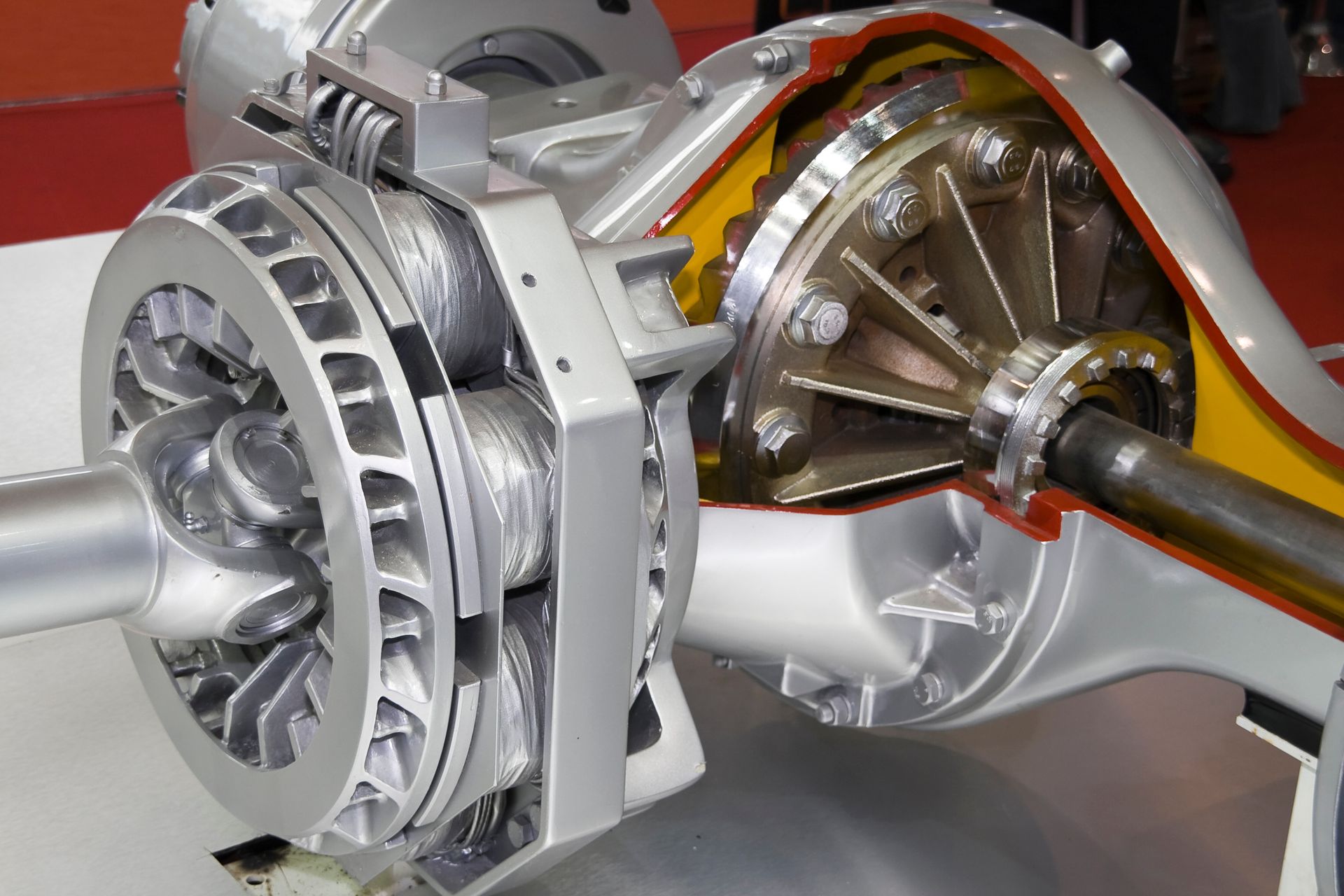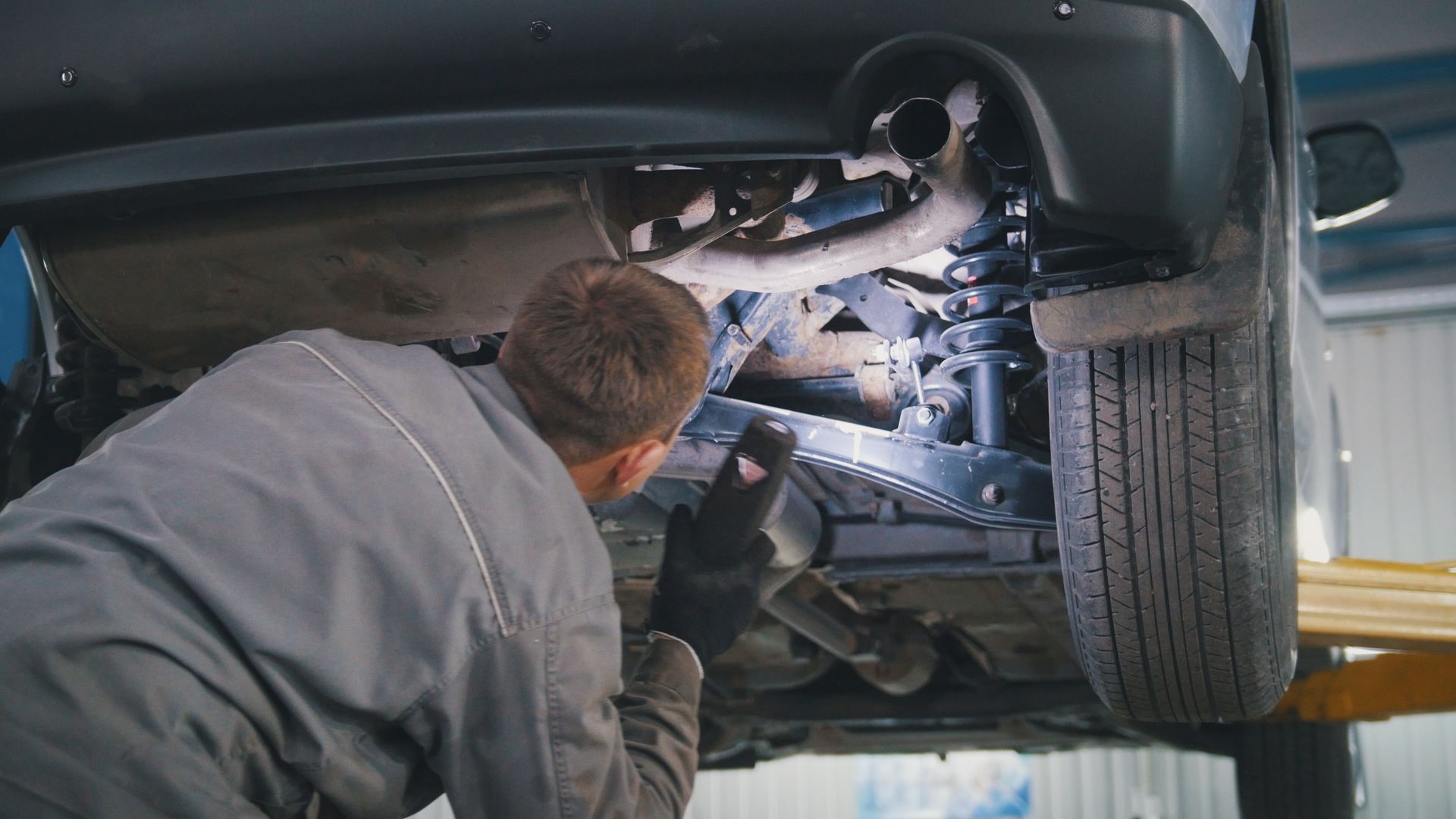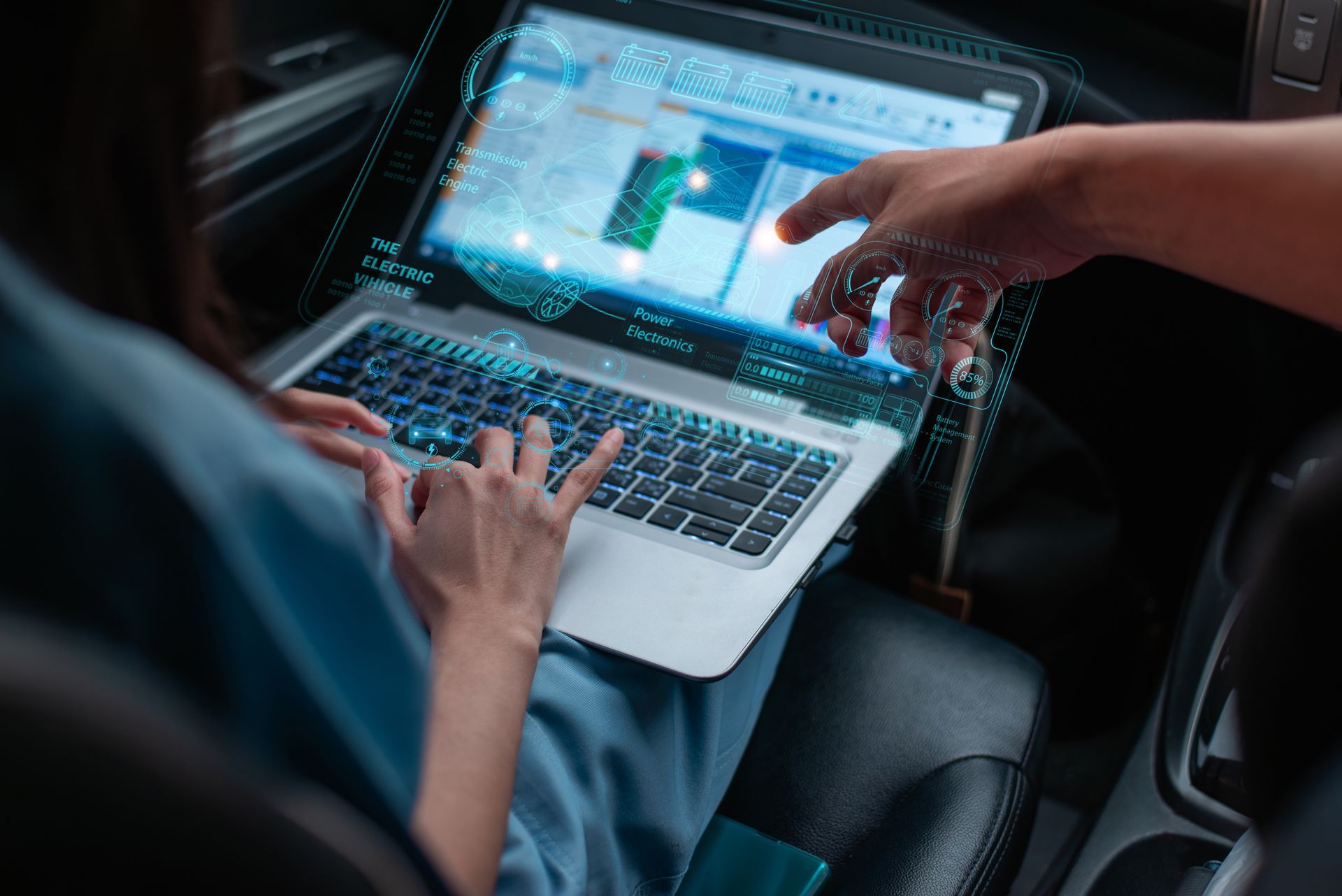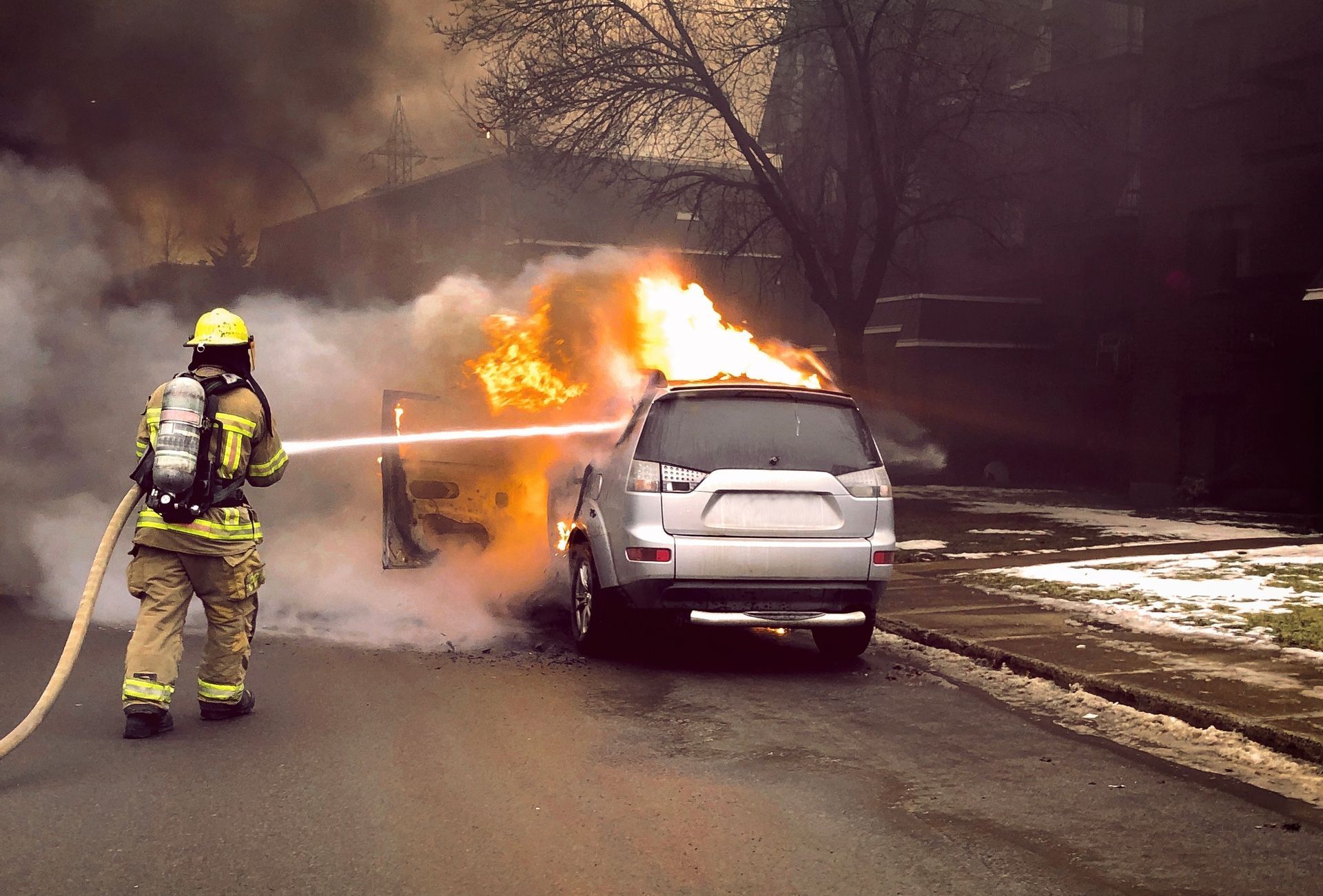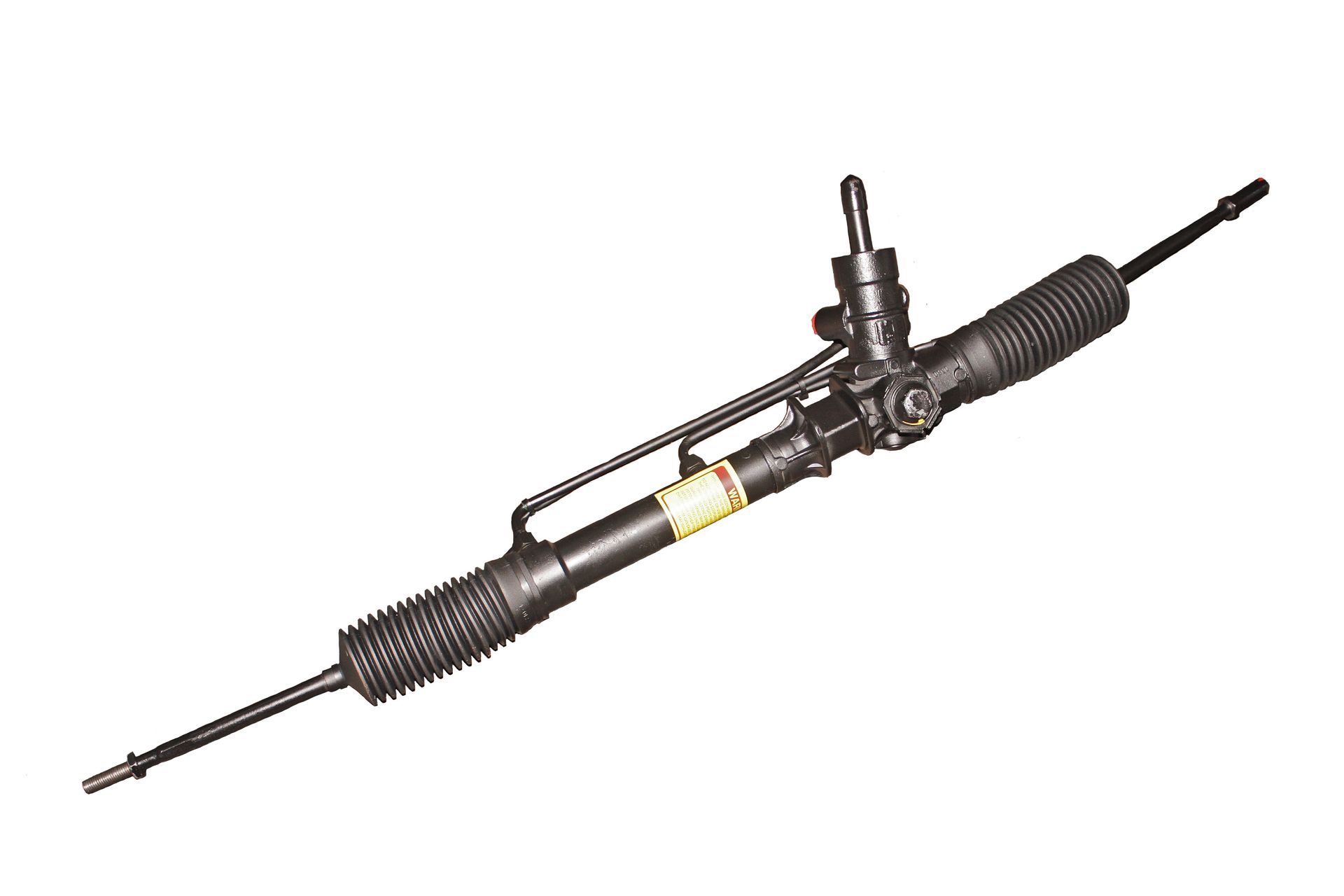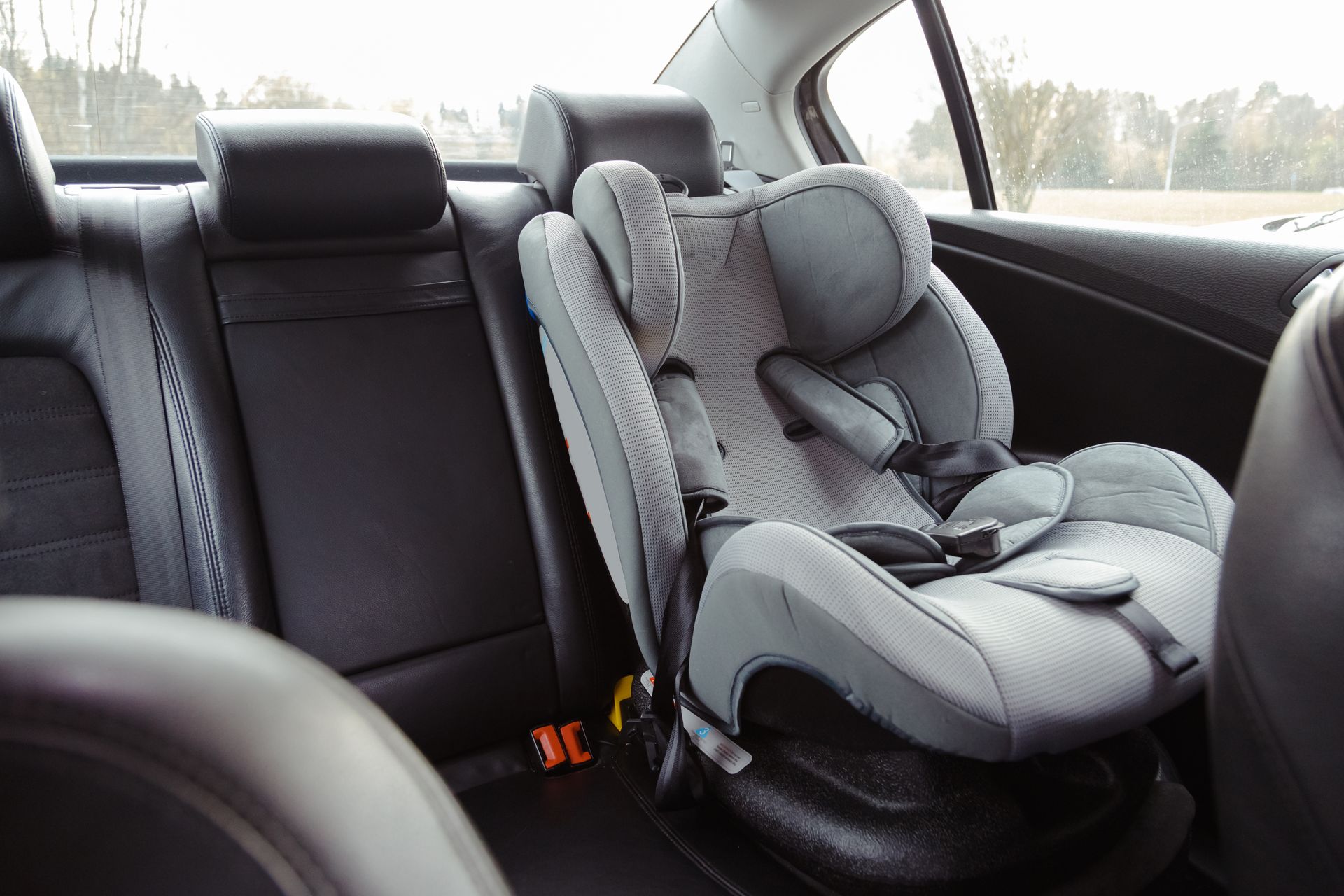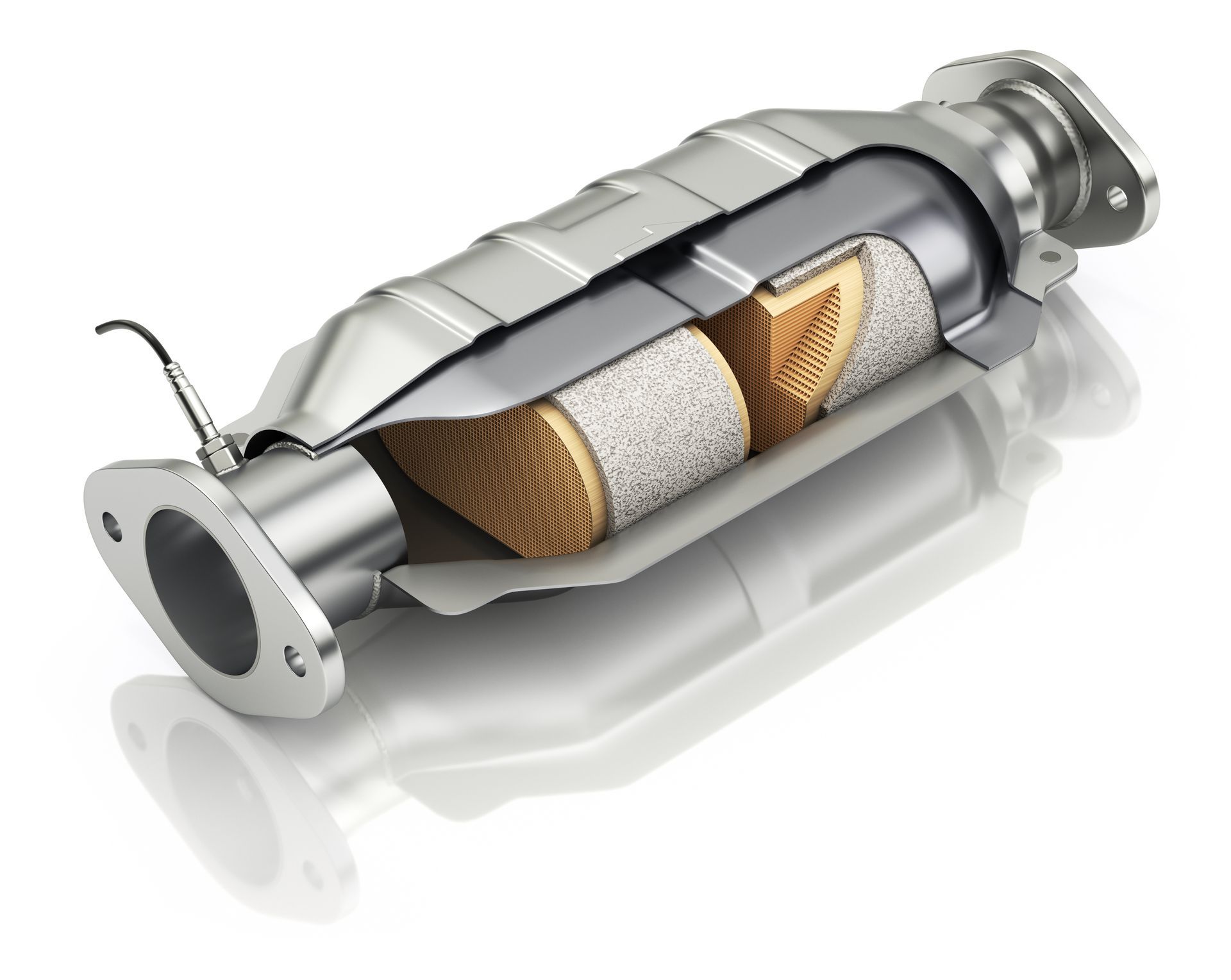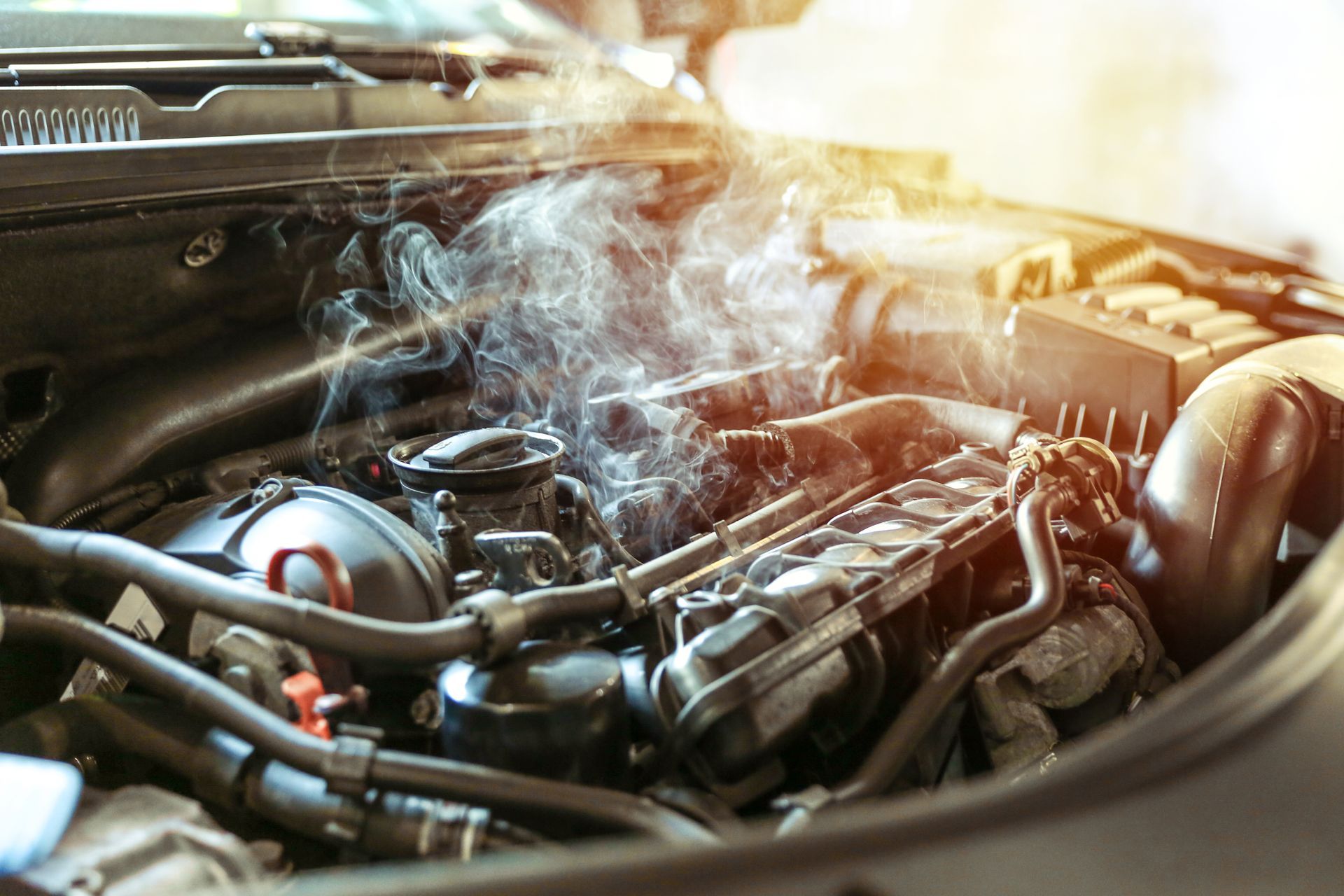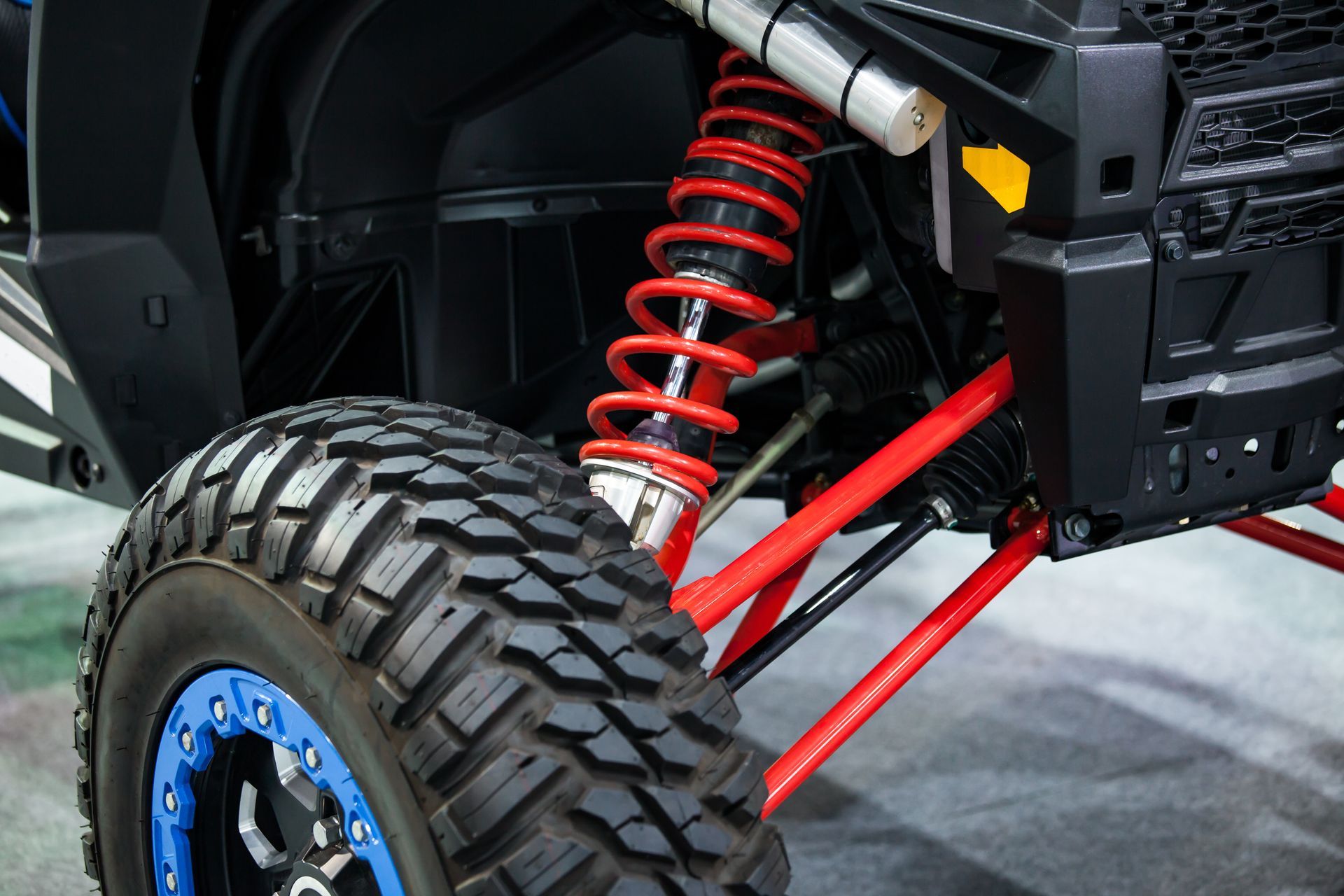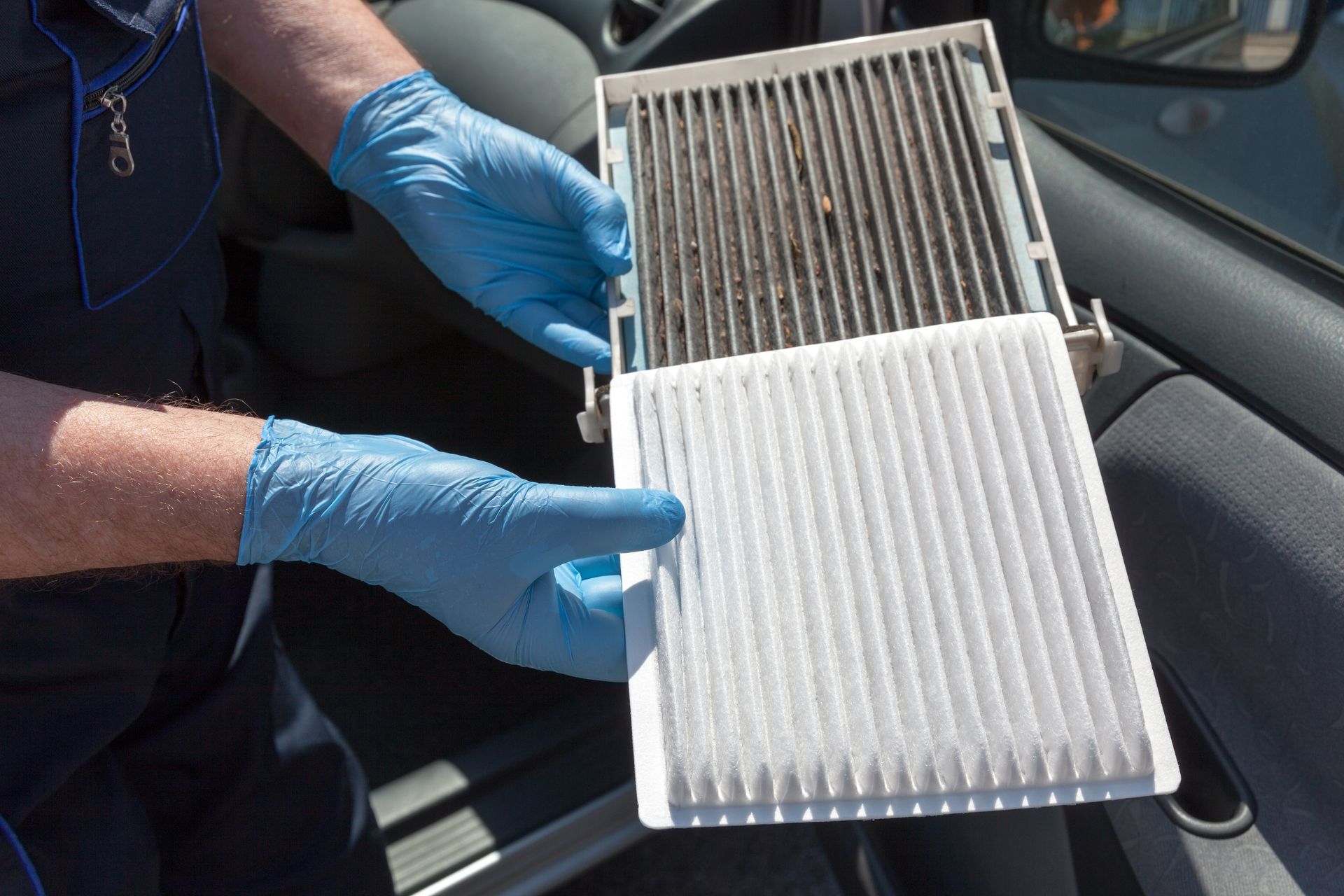A brake pedal that sinks to the floor is more than just an inconvenience—it’s a major safety risk. Your braking system relies on hydraulic pressure to stop your vehicle, and any loss of pressure can make it difficult or even impossible to slow down properly. If your pedal feels soft, spongy, or unresponsive, it’s a warning sign that shouldn’t be ignored. Could it be a simple fix, or is your braking system on the verge of failure?
Brake Fluid Leaks and Low Pressure
One of the most common reasons for a sinking brake pedal is a leak in the brake system. Your car’s braking system is a sealed hydraulic system, meaning that any loss of fluid leads to a drop in pressure, making it harder to stop. Leaks can occur in the brake lines, calipers, wheel cylinders, or master cylinder, and even small leaks can cause significant issues.
If you notice a puddle of clear, yellowish, or brownish fluid under your car, your brake system may be leaking. Other signs include a soft pedal feel, reduced braking power, or a dashboard warning light. Since brake fluid is crucial for safe driving, any leaks should be fixed immediately.
Failing Master Cylinder
The master cylinder is responsible for sending brake fluid to the rest of the system when you press the pedal. If this component is worn out or failing, it won’t be able to maintain pressure, causing the brake pedal to sink gradually when held down.
A failing master cylinder may also allow fluid contamination, leading to inconsistent braking performance. If your brake fluid looks dark or dirty, it could be a sign that the master cylinder is breaking down and allowing debris into the system. Replacing a worn-out master cylinder is essential to restore proper brake function.
Air in the Brake Lines
Your brake system relies on hydraulic pressure, and air in the brake lines reduces the system’s ability to transfer force effectively. Unlike brake fluid, air compresses easily, so when you press the pedal, some of the force is absorbed by the air instead of being directed to the brakes.
Air can enter the system due to improper brake bleeding, a recent repair, or a small fluid leak. A common symptom of this issue is a spongy or soft brake pedal that sinks slowly. To fix this, the brake system needs to be bled to remove the trapped air and restore proper pressure.
Brake Booster Issues
The brake booster helps reduce the effort needed to press the brake pedal. If it fails, the pedal may feel hard to press at first but then sink to the floor. In some cases, a brake booster issue may also be caused by a vacuum leak in the system, which prevents it from assisting with braking properly.
A faulty brake booster may also lead to a hissing noise when pressing the pedal, as air escapes from the system. If your pedal feels weak or inconsistent, a brake booster inspection can help determine if it needs repair or replacement.
Worn or Leaking Brake Components
Brake calipers, wheel cylinders, and other braking components can wear out over time, leading to internal leaks or reduced braking efficiency. If any of these parts fail, your car may experience uneven braking, pulling to one side, or a gradual loss of braking power.
In some cases, worn-out seals inside the brake system may allow fluid to escape, even if there’s no visible external leak. Checking for uneven brake pad wear, fluid levels, and brake component condition can help identify whether these parts need to be repaired or replaced.
Get Your Brakes Inspected
A sinking brake pedal is a serious safety hazard that should never be ignored. If you notice that your pedal sinks to the floor, feels soft, or requires pumping to build pressure, it’s time for a professional inspection. Driving with a compromised braking system puts you and others at risk, so getting your car checked as soon as possible is essential.
Expert Brake Repair at Wrench Junkies
Your brakes are the most important safety system in your car, and any issues with pedal response should be addressed immediately. Whether it’s a fluid leak, a failing master cylinder, or air in the brake lines, identifying and fixing the problem early can prevent brake failure and costly repairs. If your brake pedal is sinking, let us diagnose and restore your car’s stopping power before it’s too late.
Your brakes should work when you need them most! If your pedal feels off, bring your car to
Wrench Junkies for professional service and reliable repairs. Schedule your appointment now!
